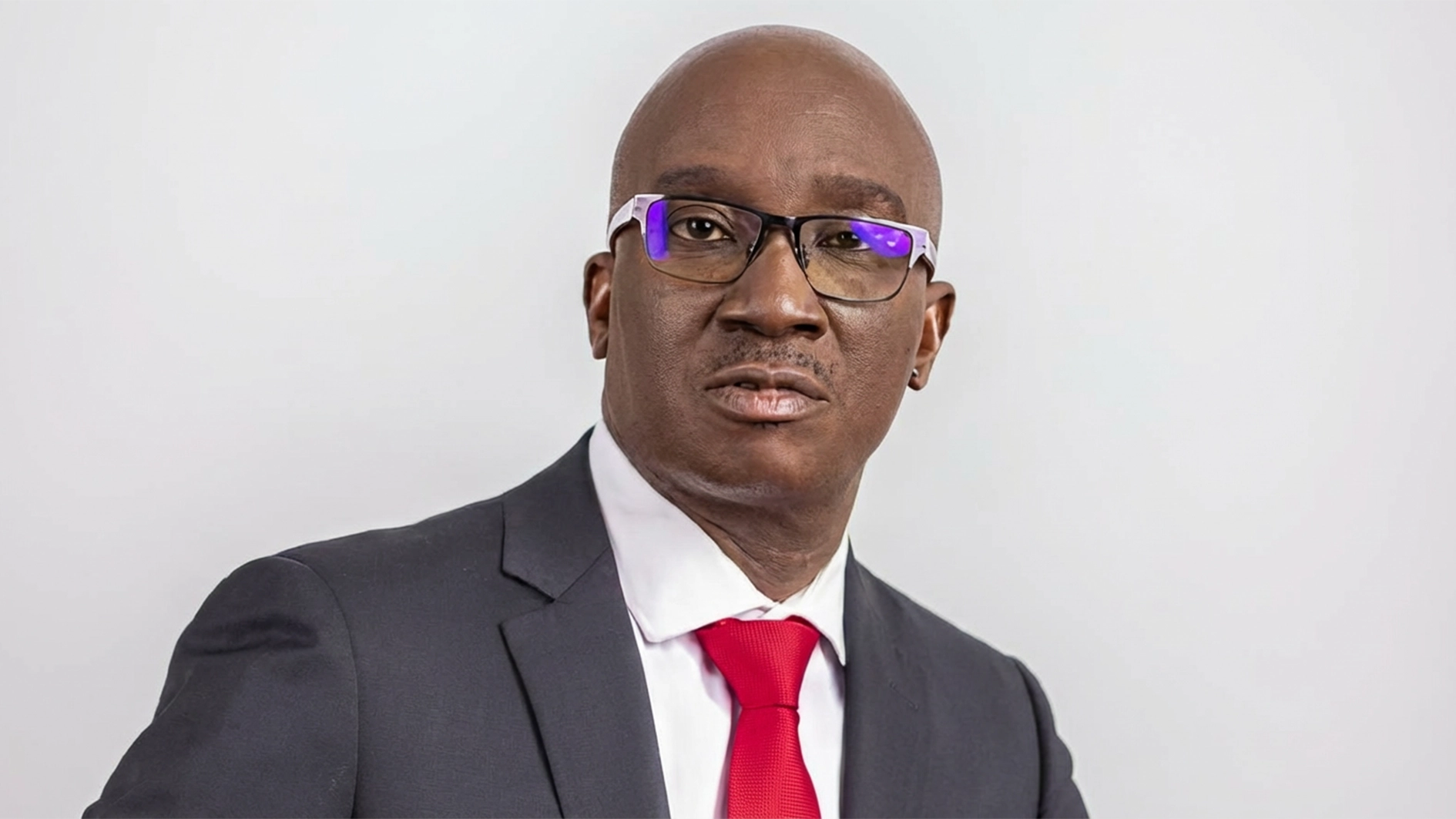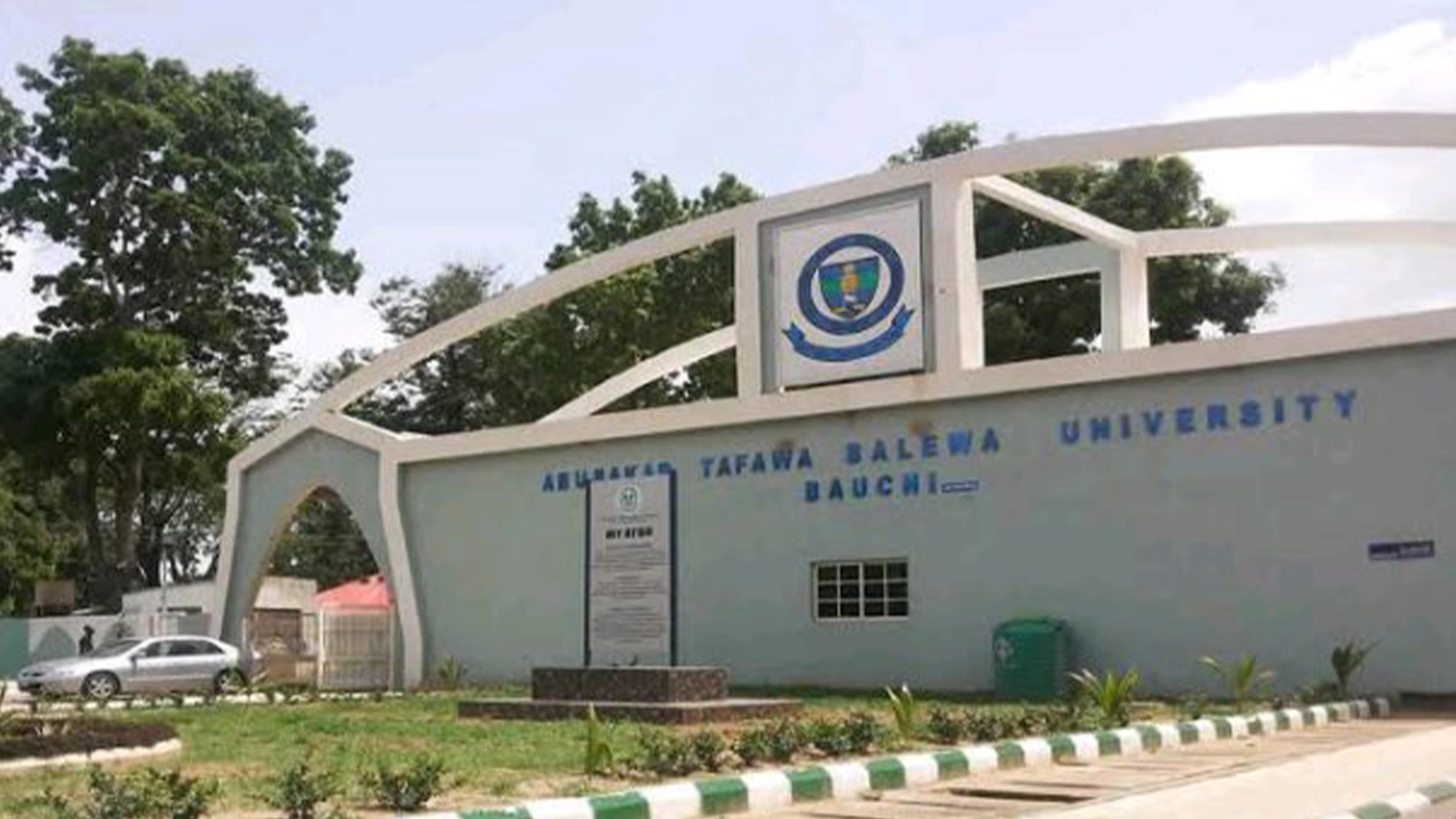A former Executive Secretary of the National Universities Commission (NUC), Prof. Peter Okebukola, has launched another method for delivering quality Science, Technology, Engineering and Mathematics (STEM) education.
The new approach, the ‘Model-And-Surpass Pedagogy (MSP)’, was officially unveiled at the 2025 international conference of the International Research Group (IRG), co-hosted by the Commonwealth Association of Science, Technology and Mathematics Educators (CASTME), which ended on September 18.
Okebukola, who in 1992 emerged the first African to win the United Nations Educational, Scientific and Cultural Organisation’s (UNESCO) Kalinga Prize for the Communication and Popularisation of Science, invented the MSP, which was formally presented to the global education community by Prof. Jomo Mutegi, a past President of the National Association of Research in Science Teaching (NARST), an international organisation headquartered in the United States for promoting quality science education.
At the ceremony were participants from the United States of America, the United Kingdom, Burundi, Ghana, Finland, The Gambia, Mauritius and Sierra Leone.
Okebukola said: “My motivation for inventing methodologies for teaching science, which won me the 1992 UNESCO Prize, is based on the overload of methods of teaching developed by non-Africans, which are not fit for purpose for the African cultural context.
“The impression is always given that the method must be developed by the West to be right. Our researchers gleefully deploy these methods and fail to look inwards to innovate in developing and researching socio-culturally relevant approaches to teaching.
Okebukola noted that the lacklustre performance of students in STEM can be attributed, at least in part, to this method mismatch. He added that the overriding goal of his efforts is to elevate achievement in and improve the attitude of students towards STEM.
The former NUC chief recalled that in 2015, after over 40 years of research, he invented the Culturo-Techno-Contextual Approach (CTCA) and developed the Okebukola Eco-Techno Cultural Theory.
According to him, “In the last ten years, CTCA has gained global prominence and it’s now in use in many African countries and several countries in Asia, Europe and North America. He added that its efficacy in improving students’ performance in science and non-science subjects has been confirmed by numerous studies.
“The second method I just developed is the MSP, which is based on the framework of students modelling great scientists and striving to surpass them.
Speaking about the next steps, Okebukola said efforts are in top gear to test MSP. Already, he said, a team of researchers from four African countries, namely Nigeria, Ghana, The Gambia and Sierra Leone, from the Africa Centre of Excellence for Innovative and Transformative STEM Education (ACEITSE) of Lagos State University, are initiating a series of studies to test the efficacy of the pedagogy.
“The goal is to ensure that MSP contributes to the attainment of the African Union’s Agenda 2063- The Africa We Want. The days of Africa playing second fiddle in STEM enterprise will soon be over.”






